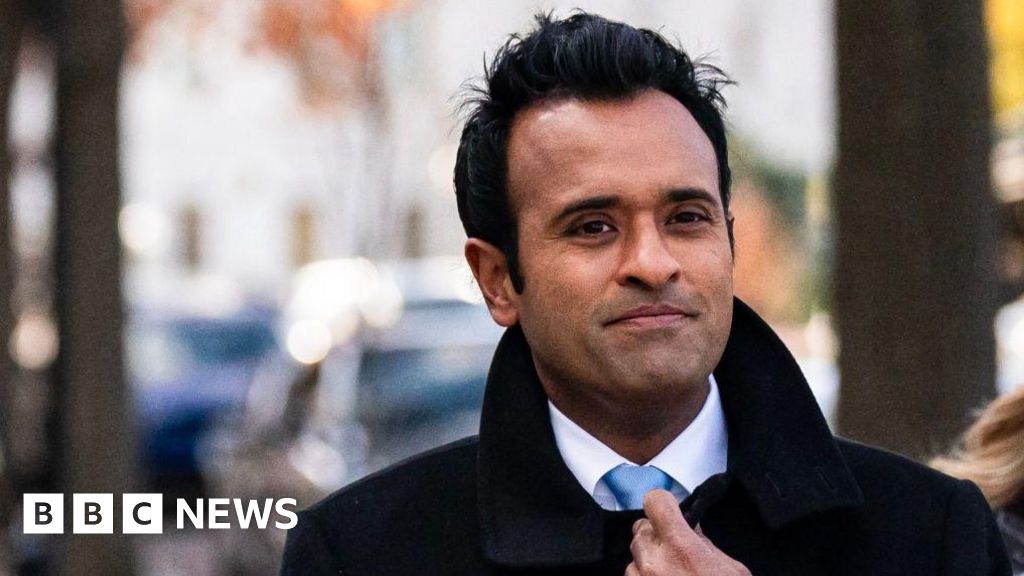cable- Afghanistan bids farewell to the year 2023, which is burdened with challenges in its relations with the international community and the United States, after the Taliban government was able to tighten its control over the joints of the state and all Afghan lands, and registered itself as the only movement that controls the entire Afghan territory.
It was a year full of political discussions, visits and meetings, but there was no major change in the government or in the Council of Ministers, nor was there a major development on the international scene to recognize the Afghan government, which is led by Taliban Since the American withdrawal from Afghanistan.
Treated without recognition
After the Taliban came to power in 2021, some countries, such as the State of Qatar, Turkey, Russia, China, and Pakistan, rushed to extend bridges of cooperation with them, and it was expected that some of these countries would recognize them, but international concerns about women’s education and human rights drew a red line for all countries, and the international community agreed. Not to recognize the Afghan government formed by the Taliban at the present time, but to interact with it within a joint international strategy.
Writer and political researcher Hikmat Jalil told Al Jazeera Net, “Since it came to power, the Afghan government has sought to gain international recognition, but it has failed, and the Taliban’s efforts to take over Afghanistan’s seat in the country have not been achieved.” United nations Despite the appointment of its representative, some countries even provided space for political maneuvering for opponents of the Taliban, such as the United States, Iran, and Tajikistan, and this is an alarm bell for the Taliban.”
Experts on Afghan affairs believe that the current Afghan government has succeeded in some things and failed in others, and these failures have cast a shadow over the course of affairs in the country.
Writer and political analyst Jamal Kakar told Al Jazeera Net, “The Taliban were able to provide security throughout the country and end the war that lasted more than 4 decades.”
Kakar adds, “The government resumed work on projects that had been halted during the era of the previous government, and was able to maintain the price of the Afghan currency, but it failed to write the constitution and form a comprehensive government, in addition to the deterioration of its relations with its strategic ally, Pakistan, which prompted the latter to expel more than a million refugees.” from its lands to put pressure on it.
Although the current Afghan government has not received recognition, there are common interests for the countries of the region, the United States, Europe and some Arab countries in dealing with the Taliban, which can cooperate in the field of combating terrorism and preventing immigration.
The position of the Taliban
The Afghan government believes that its strategy in foreign policy and establishing relations with neighboring countries is successful. Acting Afghan Foreign Minister Amir Khan Mottaki told Al Jazeera Net, “The prevailing opinion is that the current government is not recognized internationally and regionally, but we have sent new official representatives and diplomats to Russia, China, Turkey and Qatar, and there 16 Afghan embassies deal with us, and we do not expect the 50 countries we have fought over the past two decades to recognize us soon, or give us flowers.”
The issue of international recognition of the government occupied a large part of the thinking of many Taliban officials, especially since they view the matter seriously, and believe that if they are not recognized as a legitimate government, it will be difficult for them to deal with the Afghan people and the international community alike.
Afghan government sources told Al Jazeera Net that when many Taliban officials meet foreign officials, they ask them for recognition, and they all respond, “You must commit to respecting human rights and resolving the issue of Afghan women’s education and work. Then the world will recognize you, otherwise recognition will be used only as a pressure tool.”
The situation internally
What worries the Afghan people and the international community is that the Taliban movement has monopolized political power since it came to power in Afghanistan, and this is a fundamental weakness for the movement. Former professor at Kabul University Muhammad Othman Rostar told Al Jazeera Net, “All key positions are in the hands of members of the Taliban movement, and the monopoly of power has sparked criticism.” “Inside and outside Afghanistan, this makes the Afghan people believe that they are marginalized and have no role in making fateful decisions.”
The Taliban movement was able to extend its control over all Afghan lands, but it faces serious threats that lie in the presence of sleeper cells for…State regulation And other armed movements that oppose the Taliban’s rule of Afghanistan, such as the Popular Resistance Front and the Afghanistan Liberation Front.
Security analyst Najib Nangial told Al Jazeera Net, “The armed movements opposed to the Taliban rule during the year 2023 reviewed their military strategy, and changed the military approach to attempting political cohesion and working with circles of influence in Western capitals and the United States. If they were able to coordinate under one military umbrella, they could disrupt the situation.” “The Taliban movement, in addition to the risk of ISIS’ growing capacity next year.”
Many reports and leaks also spoke of the existence of a rift within the Taliban movement, and the year 2023 proved this, despite the leadership’s attempts at cohesion and unity in the face of internal and foreign pressures, as the dispute between the leadership and the leader of the Taliban movement, Sheikh Hibatullah Akhundzada, over the issue of women’s education and work came to light.
A government source told Al Jazeera Net, “Most of the leaders in the Taliban movement and the government want to open the doors of schools to girls, but the decision is in the hands of the leader of the movement and not the government, and it accepts his decision for the sake of unity and internal cohesion, but it is not logical for school doors to remain closed to girls permanently.” We are looking for a solution that satisfies all parties.”
Roadmap according to the United Nations
In a related context, he was appointed Secretary-General of the United Nations António Guterres Turkish diplomat Feridun Sinirlioglu was appointed United Nations Special Coordinator for Afghanistan Affairs, mid-December, and was assigned to write a report on the situation in Afghanistan.
The report took approximately 7 months, and after reviewing it, he sent it to the Security Council, and 13 members of the Council agreed to the proposal to appoint a special representative for peace affairs in Afghanistan, and to work on a new road map for peace, while both Russia and China opposed the decision, claiming that it was taken without advice. And coordination with the Afghan side.
The report contains the most important points:
- Women’s rights are in a bad situation.
- Terrorism is a serious threat.
- Afghanistan is politically isolated, which has hampered the process of international support.
- There is an urgent need to resume intra-Afghan peace negotiations.
The proposal is the first United Nations measure to overcome the current crisis in Afghanistan, as the Secretary-General of the United Nations stressed the start of a national dialogue among Afghans, the formation of an inclusive government, and compliance with Afghanistan’s obligations to international agreements and human rights treaties.
Political analyst Naseer Raheen told Al Jazeera Net, “I can say that the report was prepared under the influence of the Western strategy regarding Afghanistan, especially the United States, and neglected the Americans’ agreement with the Taliban. It did not address the responsibility of NATO, which fought for two full decades in Afghanistan, and I do not think that the UN representative can Solving the Afghan crisis, because it will implement the Western agenda in Afghanistan, as we have seen since the Soviet withdrawal at the end of the 1990s.”
The leaders of the parties and fronts opposing the Taliban expressed mixed reactions to the plan of the United Nations Secretary-General to overcome the current crisis in Afghanistan. The Afghan Foreign Ministry said, in a statement, “Appointing another UN representative in the presence of the UN Secretary-General’s envoy is unnecessary, and Afghanistan is not “In a state of war, and there is a central government that controls all Afghan lands, and appointing a peace representative leads to aggravation of the situation in Afghanistan.”






